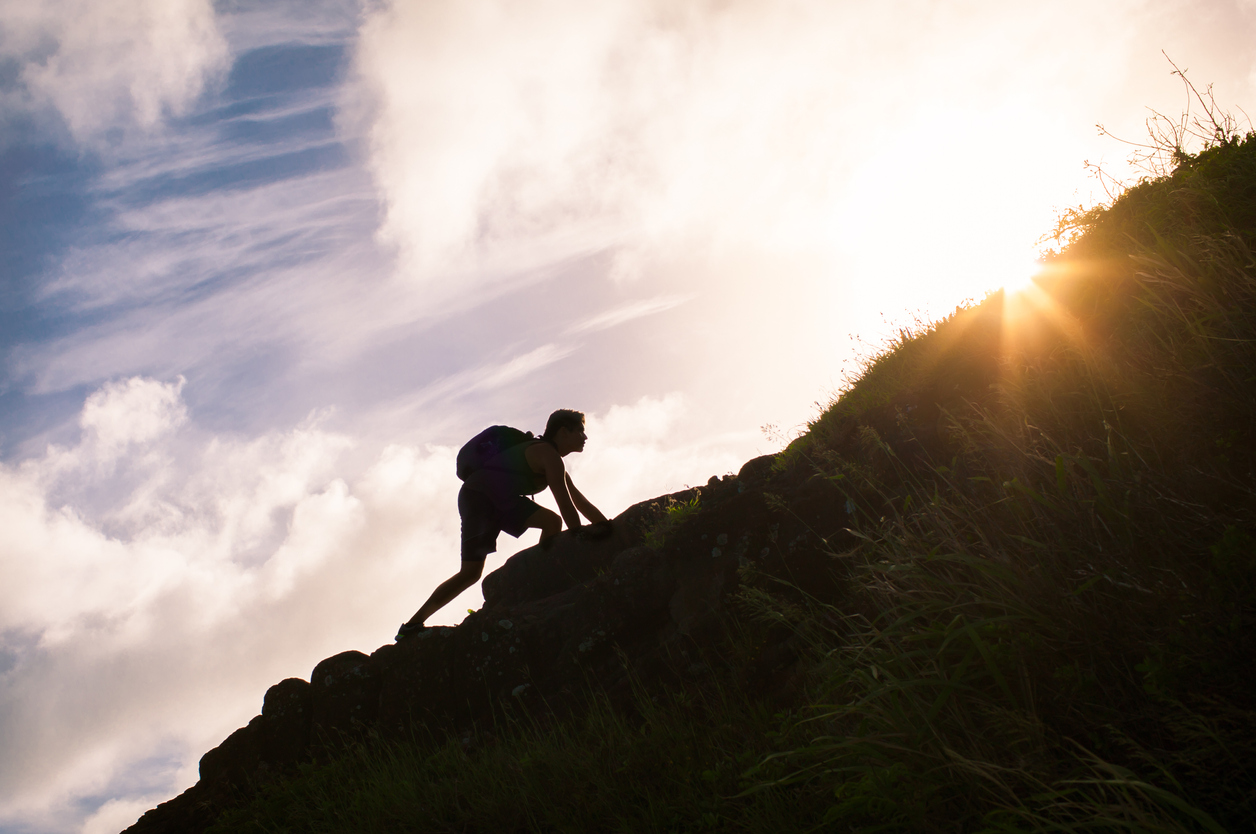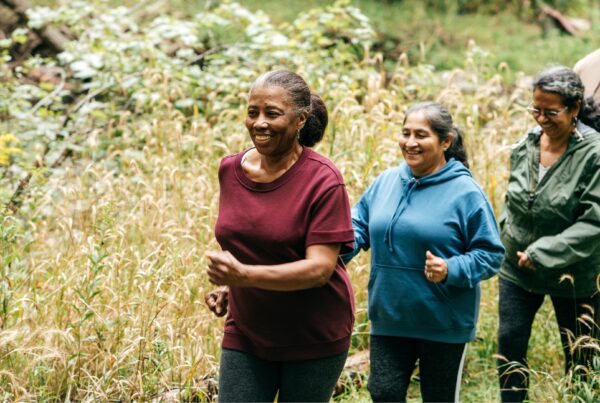How Learn to Live Delivers CBT: Part 5
If you fall off the horse, you better get right back on that horse.
Why do they say that anyway? Have you ever actually fallen off a horse? I have many times. Sometimes it really hurts. But the reason to get back on that horse is because, once you start avoiding that horse, you risk a lifetime of continuing to fear the horse. I also like to say that if it's a little too scary to immediately get on that horse, you might want to at least try getting on a smaller pony for starters.
We address fear facing in many of our programs. It is likely the single most impactful thing we can do in response to our fears and anxiety. It's powerful. Whether we are dealing with fear of places or situations or ideas or others' judgments, or things we might experience in our bodies. In each case, the most powerful thing we can do is to move closer and closer to the things that we fear.
Think about a few examples.
If you have social discomfort, you can face your fear by interacting with other people or entering a room. You might even make a social blunder on purpose. If you're afraid to even think about the things that worry you, deliberately thinking about the bad consequences for a long time can be a kind of fear facing. If your substance use has destroyed your relationships and you worry about reconnecting, you can face your fears of spending time with those you have hurt. If you have panic attacks and fear the next one, you can face your fear of the sensations and the places and the activities that scare you. And if you are a perfectionist, you can face your fears by doing things imperfectly even though it's scary.
Still don’t want to face your fears?
Every once in a while, I will encounter someone who will say that fear facing doesn't work. They say they've been doing the scary thing for an extended time and are still afraid. So, I offer them this checklist for effective fear facing. It forms the acronym DUNE.
First, we start with the D in DUNE. It stands for Deliberate. I tell them to ask themselves this question. “Did I deliberately seek out the scary situation?”
Once they have done that, they can move on. The U stands for Uncomfortable. “Did I feel uncomfortable (necessary for effective fear facing?”
Next, they ask themselves “Did I do things to try to feel safer and more comfortable in that situation and thereby undermine the fear facing attempt?” This is the N part of DUNE. The N stands for No Precautions.
Lastly, they ask this question. “Did I stick with it for a long time, long enough to really assess whether the bad things happen and ultimately whether I could handle the fear I felt?” This is the E in DUNE. The E stands for Extended.
There are few things as exciting as seeing someone stare their fears in the face until they no longer live with that fear. It takes courage and character. So many find it's really worth it.
Maybe there is another ride on that horse for you after all.




